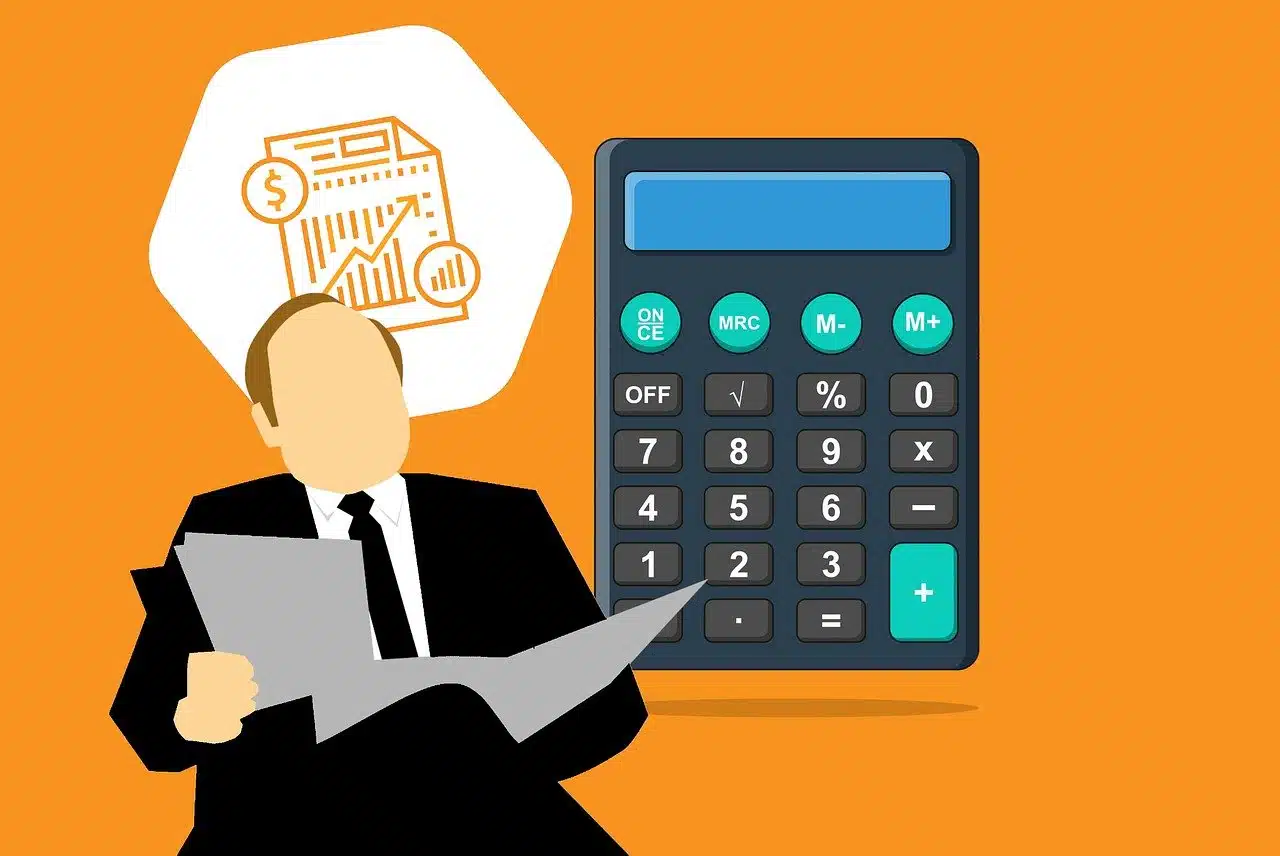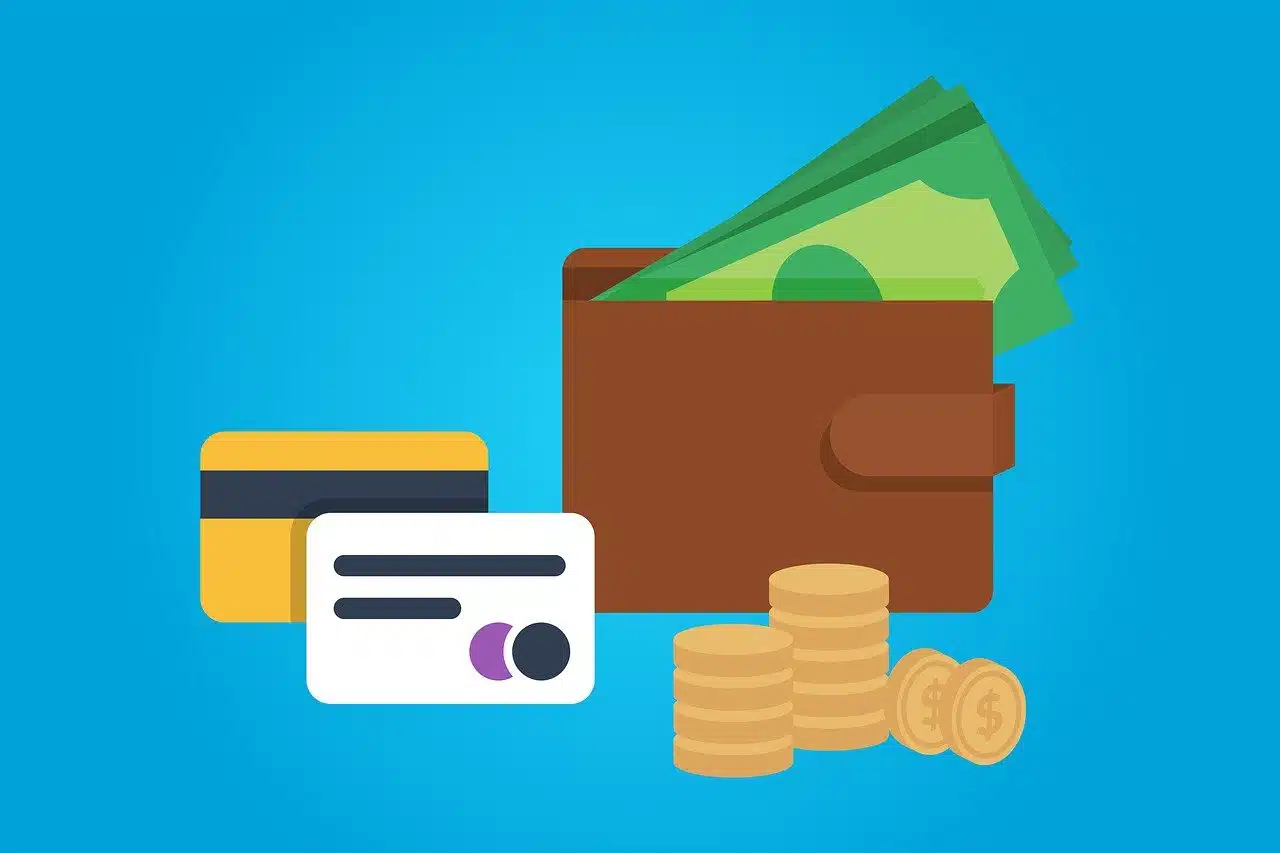
An economic model is the result of the organization of the economy arranged by the government.
An economic model is a process orchestrated by a government to organize economic activity and seek a harmonious link between companies and the rest of the social actors. This meaning occurs within the framework of political economy .
It is interesting to mention that model is a term like multiple applications. It may be something that is considered a reference and worthy of imitation; a theoretical scheme or outline; or a process that seeks to organize economic activity, among other meanings. Economic , for its part, is what is linked to the economy (the administration of goods and services or the study of how they are consumed and distributed).
The case of Spain
Let's take the case of Spain in the second decade of the 21st century . Until a few years before, the economy of said country had the construction sector as one of its main pillars. For many, this has been one of the causes that has led the aforementioned nation to experience a serious crisis, and among them is the former Minister of Economy and Competitiveness ( Luis de Guindos ) between 2011 and 2018 .
So much so, that this aforementioned Spanish government authority made it known publicly, through the various media, that the key to getting out of the crisis was to commit to making a change in the economic model . Thus, instead of relying on the “brick”, Guindos considered that it should do so on research, development and innovation projects and initiatives, since they are the future.

An economic model usually seeks harmony between the various social actors.
Classification of economic models
Economic models are supposed to be transparent (their rules must be visible to everyone) and homogeneous (these rules must be applied equally), although there are often distortions.
The major economic models are the command economy model (the State intervenes with the intention of regulating economic activity), the liberal model (it trusts in the capacity of the market for self-regulation) and the mixed model (which combines aspects of the command economy and the liberal model).
Main theorists
There are many scholars who throughout history have carried out analysis and research on the different economic models that exist in the world. Among those we should highlight, without a doubt, Milton Friedman who, among other things, received the Nobel Prize in Economics for the set of contributions he made in subjects such as statistics, macroeconomics , statistics or economic history.
In the same way, the figure of Paul Samuelson cannot be overlooked either. He also received the aforementioned Nobel Prize, in his case in 1970, for carrying out a series of important notes regarding dynamic and static economic theory.
Economic model in mathematical economics
In mathematical economics , on the other hand, an economic model is a scheme or representation that shows, in theory, what the intended operation of the different economic procedures is.
The economic model, in this sense, appeals to various variables and the logical relationships established between them to develop a simple representation that contributes to the understanding of more complex systems.
